The Metropolitan Waterworks Sewerage System (MWSS) has denied accusations that the signing of the agreement with the Indigenous People (IP) affected by a dam project was non-compliant with the free, prior and informed consent (FPIC) process.
In a Philstar.com report, Jonathan Lamug of MWSS on February 7 said the “consultations were conducted and consent was voluntarily given by the IP community through their decision-making process pursuant to their customary laws.”
He said MWSS “recognizes the need to hear inputs, reservations, if any, of all sectors, which is what the FPIC is all about,” adding that all the concerns of the stakeholders “were addressed.”
Lamug made the statement after some Indigenous Peoples’ rights groups opposed to the Kaliwa Dam project protested the signing of the memorandum of agreement (MOA).
The negotiation and signing of the agreement was facilitated by MWSS and the National Commission on Indigenous People in Quezon province on January 28.
Several groups claimed that the signatories to the agreement were “pre-selected” and a significant number of indigenous communities were not consulted and excluded from the negotiations.
Kakai Tolentino of BAI Indigenous Women’s Network said her organization together with other groups “will file a complaint” against the project proponents for violating the FPIC process.
“We do not recognize the memorandum of agreement that MWSS and NCIP railroaded just to pave the way for the construction of the mega dam,” she said.
Tolentino alleged the MWSS excluded representatives from communities that have “legitimate and pressing concerns on the impacts of the mega dam to their lives and the environment.”
The Kaliwa Dam project is an integrated dam system involving the construction of a dam on the Kaliwa River in Rizal province, and a smaller dam downstream in Quezon province.
The mega dam project, which is one of the 75 flagship infrastructure projects under the government’s “Build, Build, Build” program, will displace at least 15,000 indigenous people.
The group STOP Kaliwa Dam Network said MWSS failed to inform the indigenous communities that the agreement signing will happen on January 28.
The group said MWSS and NCIP invited some 100 indigenous leaders in a negotiation that was held on January 24 to 29 “but there was no mention that a signing of an agreement will occur.”
The group also questioned the basis for the P80-million “construction disturbance compensation” to Dumagat communities that was stated in the MOA.
“It is so insufficient. The indigenous tribes were not properly informed and were not made to realize the ‘true’ cost that they would lose should the proposed dam be constructed,” said environmental scientist Ruben Guieb.
Guieb said the amount is not even “commensurate with ecosystem services lost, climate and disaster risks, nor mitigation costs,” adding that the standard cost for mitigation should be 10 to 20 percent of the total project cost.
“If this proposed Kaliwa Dam is now 10 billion pesos, reasonably, the mitigation cost should be 1 to 2 billion pesos for the indigenous tribes. This does not take into account the property and lives that would be lost should the dam break,” he said.
Father Pete Montallana, convenor of the group, called on the Philippine government to junk the Kaliwa Dam project and “protect the people and the environment.”
The priest said the project proponents failed to consider the “long term impacts of a mega dam that will endanger the families of affected communities in the Sierra Madre, not just in this generation, but the generations to come.”

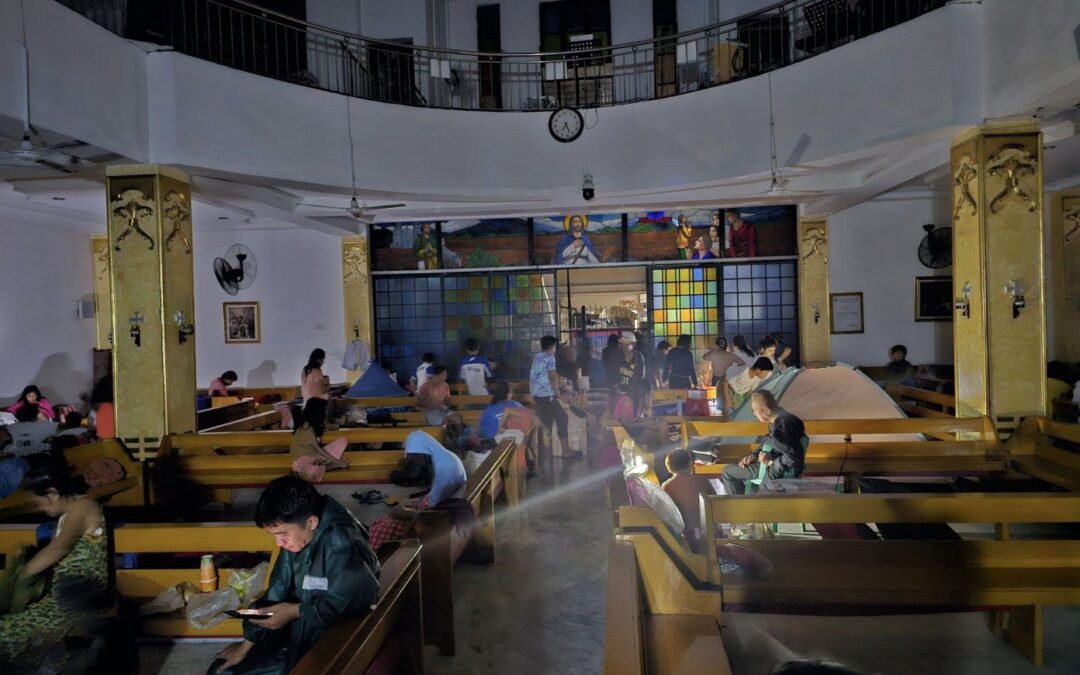
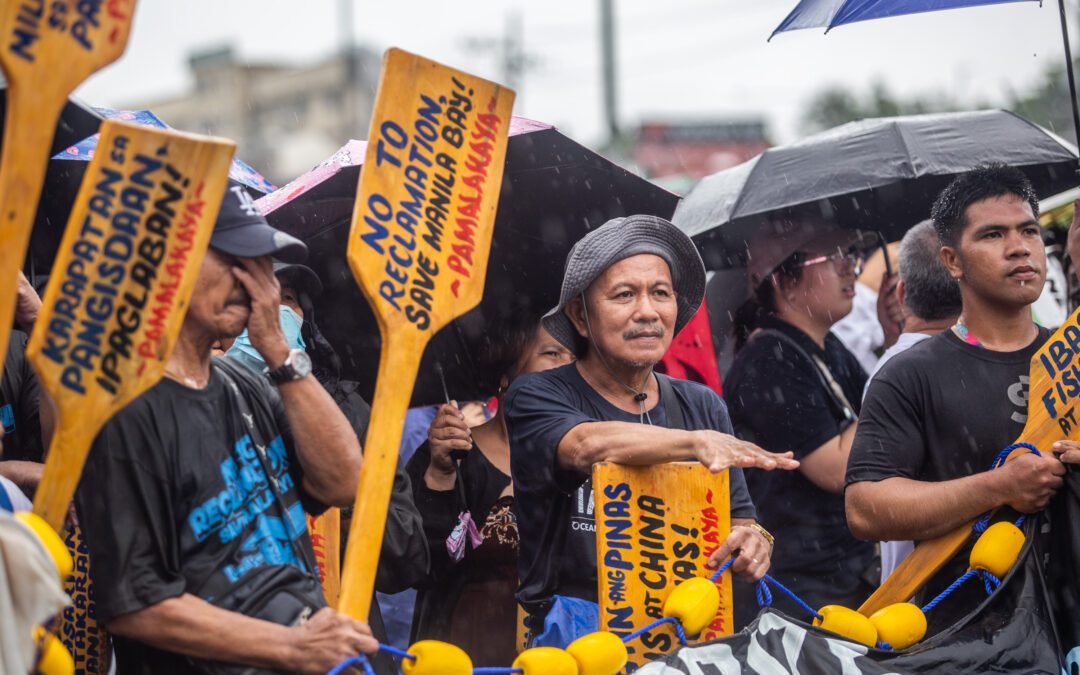
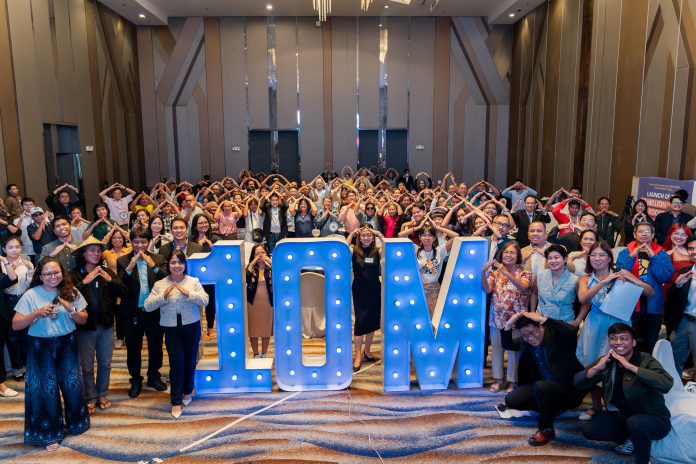
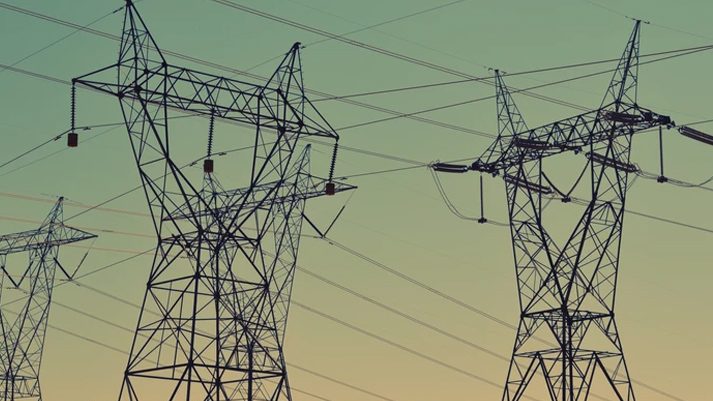
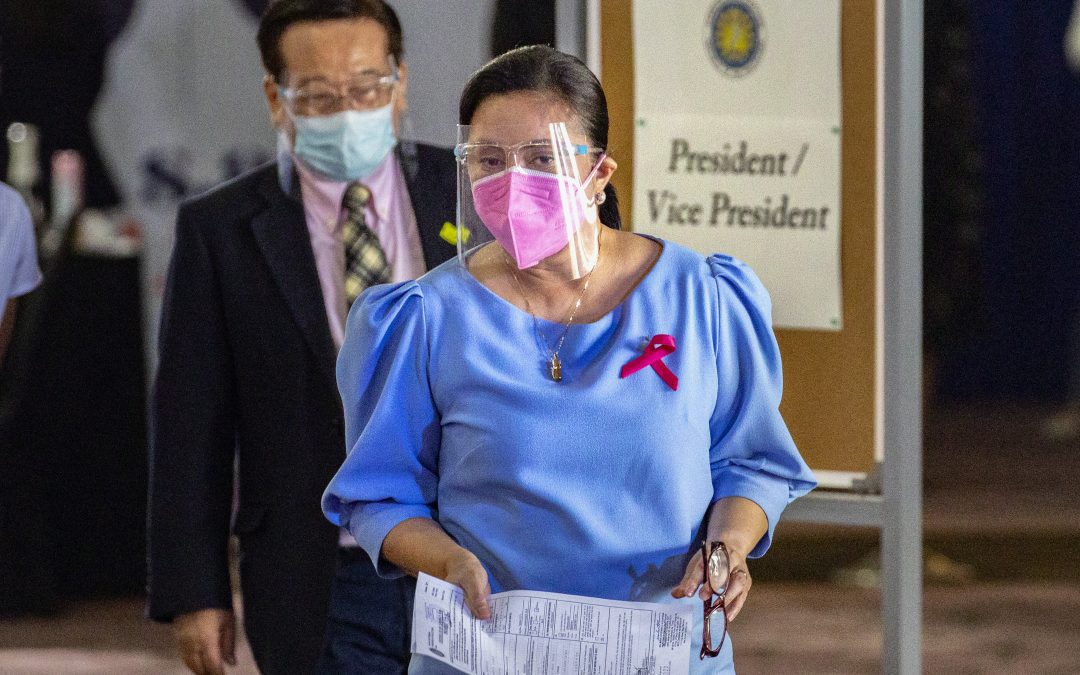
0 Comments